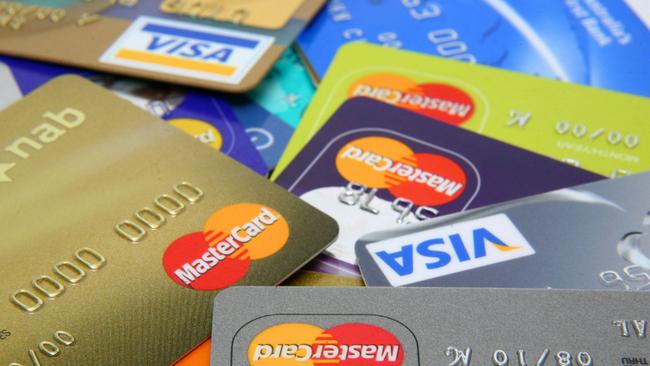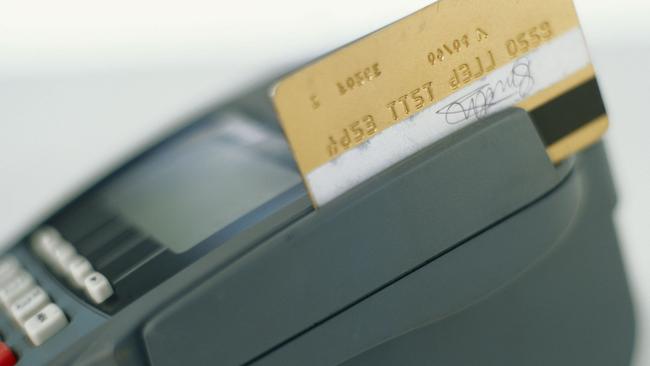Banks’ automated computer systems blamed for approved uncreditworthy customers
DODGY automated computer systems approving uncreditworthy customers are being blamed for peoples’ debts spiralling out of control.
National
Don't miss out on the headlines from National. Followed categories will be added to My News.
AUTOMATED computer systems approving uncreditworthy customers are being blamed for consumer debts spiralling out of control.
The nation’s top banking watchdog, Philip Field, said automated credit approvals with no background checks were fraught with danger and make it impossible for financial institutions to detect uncreditworthy customers.
The lead ombudsman of banking and finance said there had to be more thorough systems in place to check a person’s ability to repay debt.
REVEALED: We’re addicted to cash more than plastic
“I think there has to be some degree of scrutiny beyond a computer,’’ he said.
“There is a legal obligation on the banks and credit providers to do some level of checking.
“Automated systems have a role to play but they are not the only tool that should be used in checking whether or not the customer has the capacity to repay.’’

Mr Field said conceded manual checking of credit applications would cost financial institutions more to implement but more stringent checks needed to be implemented.
The problem was highlighted in the new Financial Ombudsman Service’s 2013-14 annual review released yesterday. (THU)
In 2012 a customer completed a credit application form and said that per month she earned $2500 after tax, had an income of $1500 from other sources and $1951 in expenses including rent.
She was issued with an $8000 credit card but just four months later the card’s balance exceeded the approved limit and in March this year it was $8475.

After an investigation by the ombudsman, the lender admitted it had automatically approved the application based solely on the information provided by the customer.
The ombudsman found the bank could not show its automated system was sophisticated and they had failed to make reasonable inquiries about whether the applicant could repay the credit card.
It found the customer should not have been given credit because she could not show she had the capacity to make repayments.
The report also found credit disputes were the most common in 2013-14, increasing by two per cent to about 12,600.
The most common consumer credit disputes related to credit cards (39 per cent), followed by home loans (32 per cent) and personal loans (18 per cent).
General insurance complaints fell by 12 per cent to about 6700 and financial difficulty disputes dropped by nine per cent.
Originally published as Banks’ automated computer systems blamed for approved uncreditworthy customers






